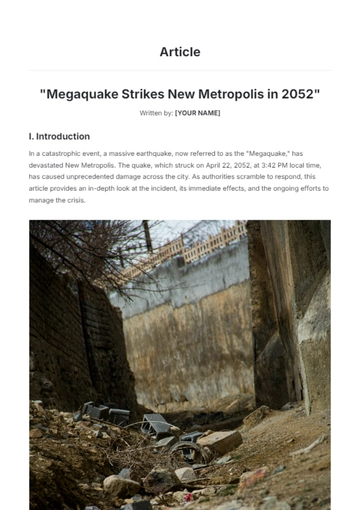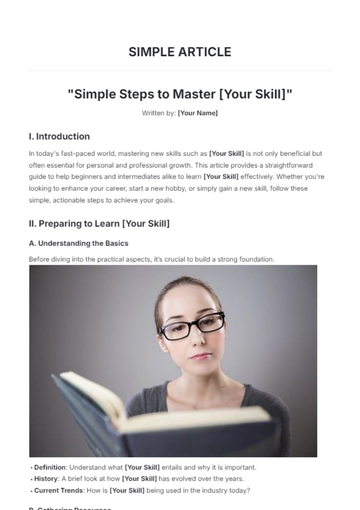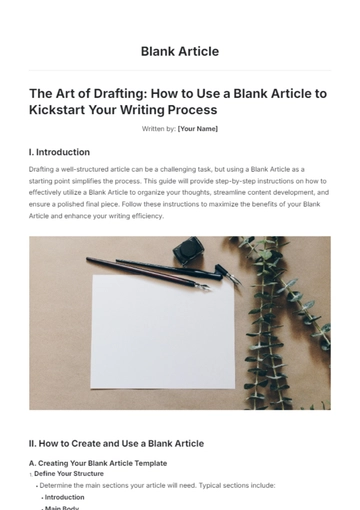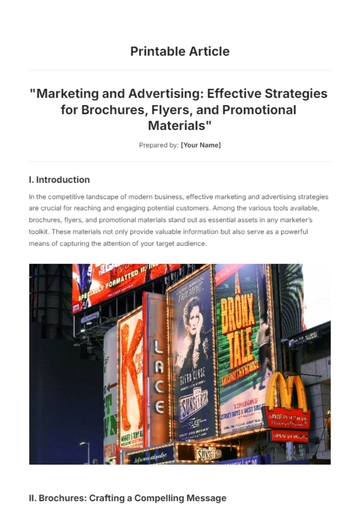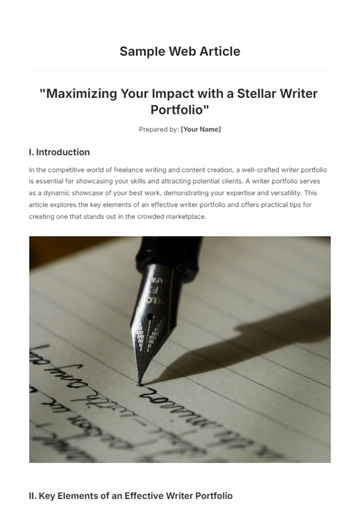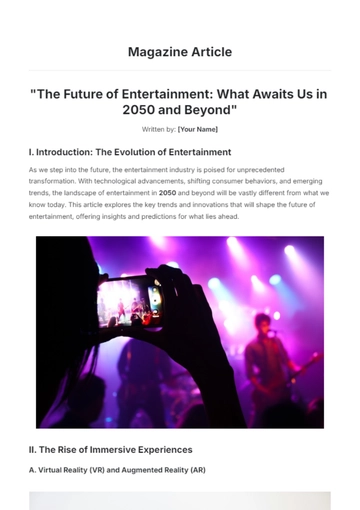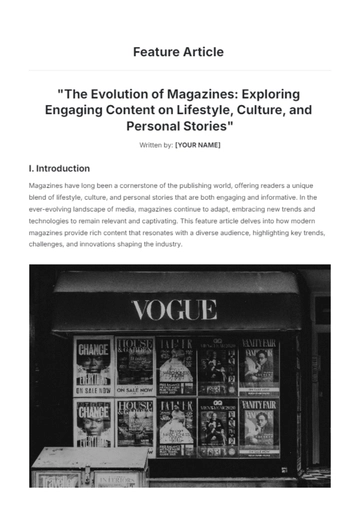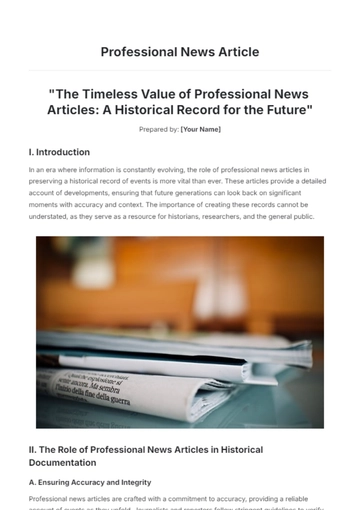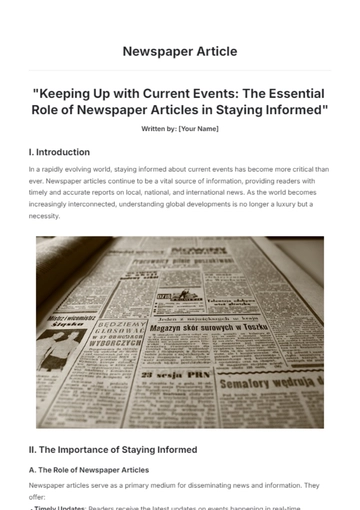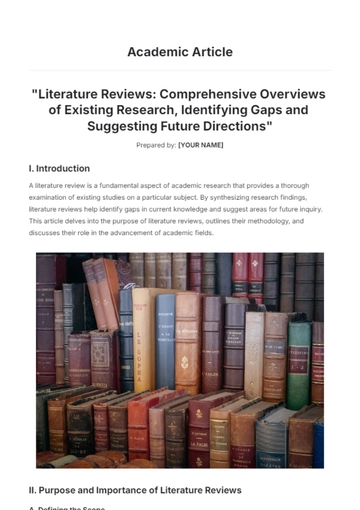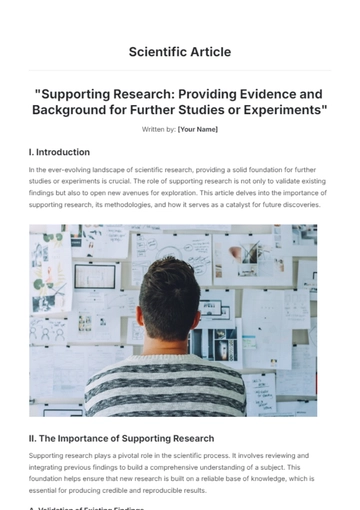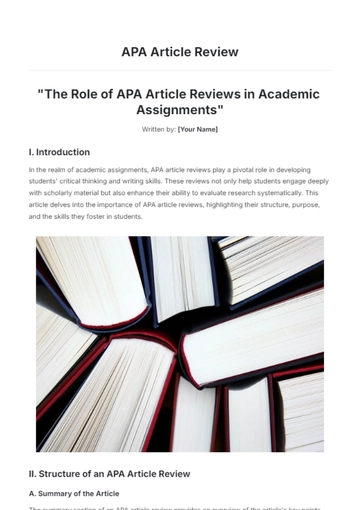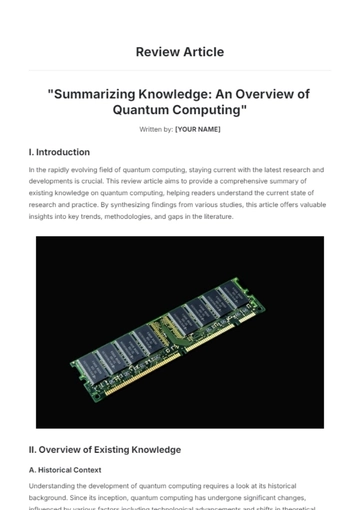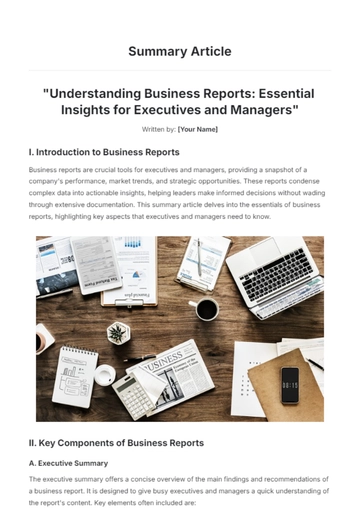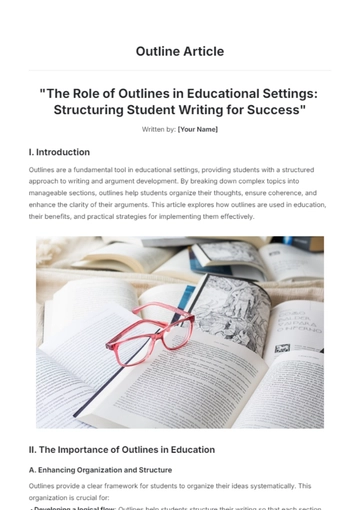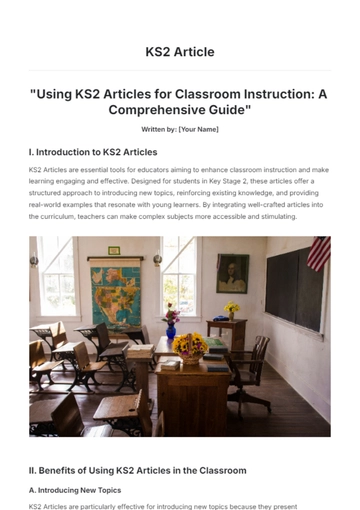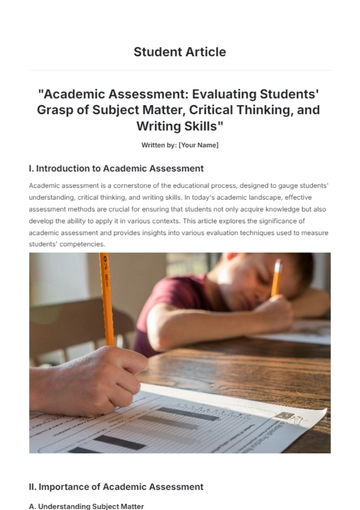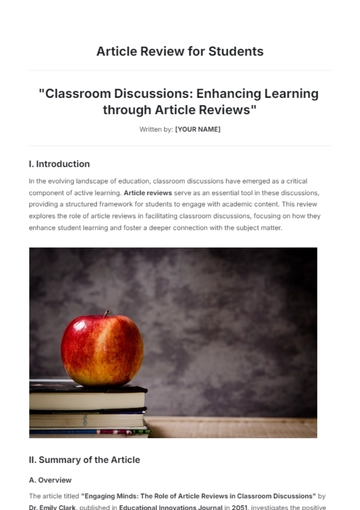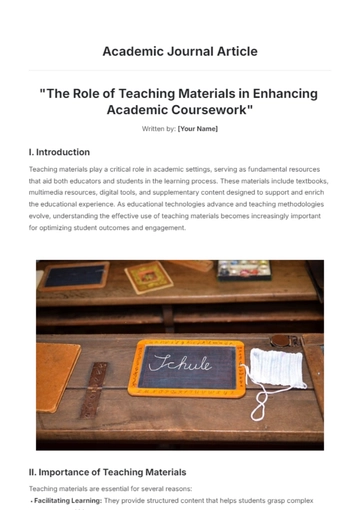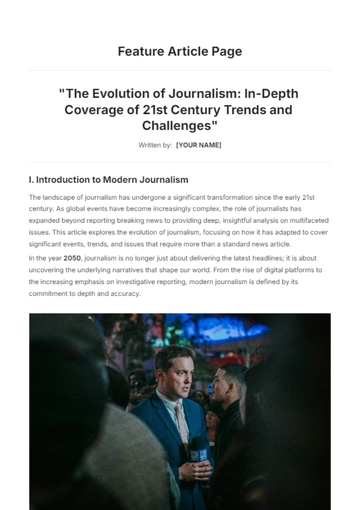Free Article Case Brief
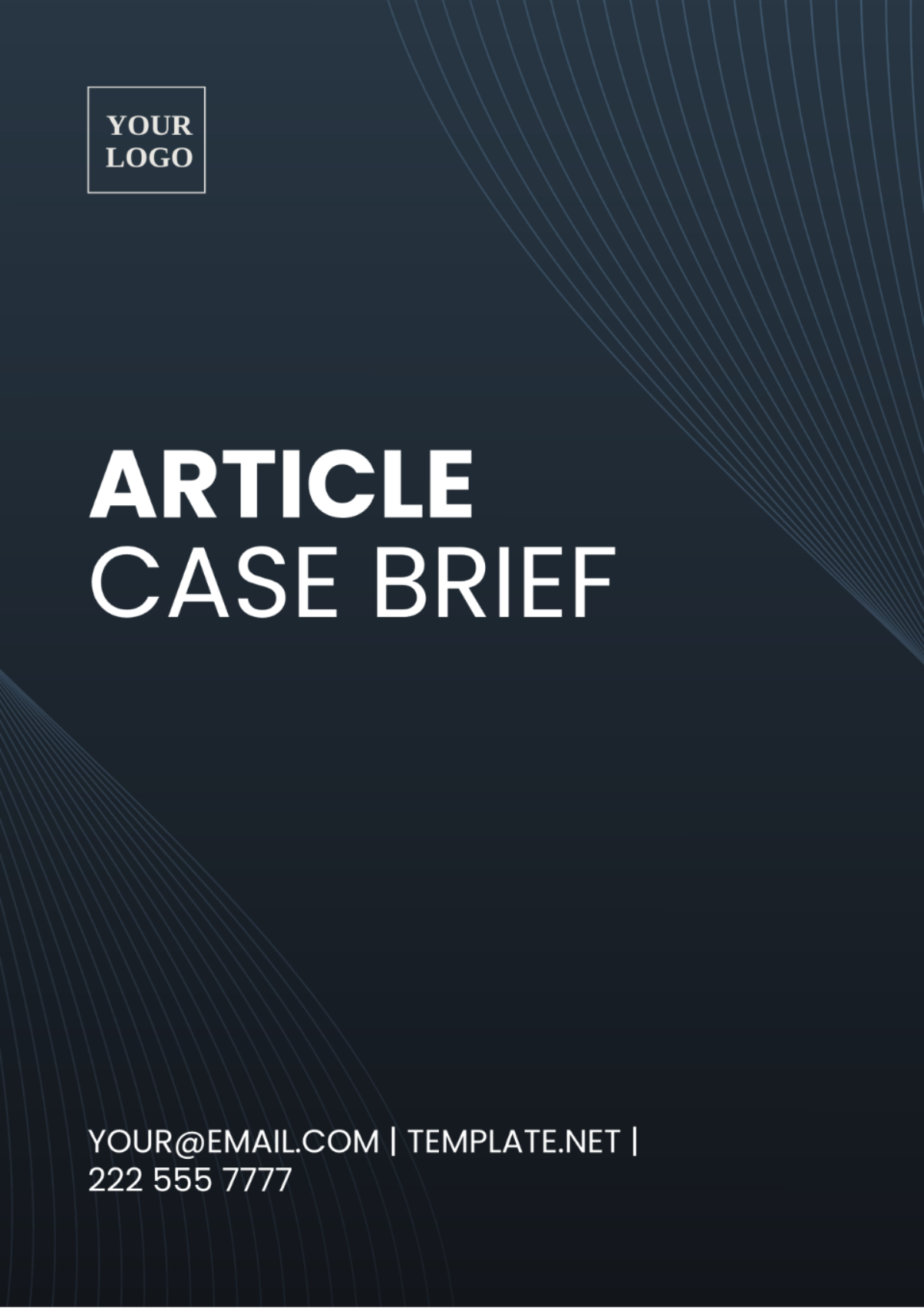
I. Case Information
A. Case Name:
[Isaac Miller v. City of Rivertown]
B. Case Citation:
[2050 U.S. 1234 (Supreme Court 2050)]
C. Court:
[Supreme Court of the United States]
D. Date of Decision:
[April 15, 2050]
II. Facts
A. Background:
In this case, [Isaac Miller], a resident of [Rivertown], challenged the constitutionality of a [local ordinance] restricting political speech in public parks.
B. Procedural History:
[Miller] initially brought suit in the District Court, arguing that the [ordinance] violated his First Amendment rights. The District Court upheld the [ordinance], but [Miller] appealed to the Supreme Court.
C. Parties Involved:
Plaintiff: [Isaac Miller]
Defendant: [City of Rivertown]
III. Legal Issues
A. Primary Issue:
Whether the [ordinance] restricting political speech in public parks violates the First Amendment's protection of free speech.
B. Sub-issues:
Whether the restriction on political speech is content-based or content-neutral.
Whether the [ordinance] constitutes a reasonable time, place, and manner restriction.
IV. Legal Doctrine and Theory Analysis
A. Legal Principles:
The First Amendment's protection of freedom of speech, including the distinction between content-based and content-neutral regulations.
B. Jurisprudence:
Precedents such as [Lone Wolf v. City of Greenfield (2045)], which established the framework for analyzing restrictions on speech in public forums.
C. Theoretical Framework:
Scholarly discussions on the role of public parks as traditional public forums and the importance of robust protection for political speech.
V. Arguments Presented
A. Plaintiff's Arguments:
[Miller] argued that the [ordinance] impermissibly restricted his ability to engage in political speech in a public forum.
He contended that the restriction was content-based and not narrowly tailored to serve a compelling government interest.
B. Defendant's Arguments:
The [City of Rivertown] asserted that the [ordinance] was a reasonable time, place, and manner restriction designed to maintain public order and safety in parks.
It argued that the restriction applied equally to all speech regardless of content and was therefore constitutional.
C. Amicus Curiae Briefs:
The [American Civil Liberties Union (ACLU)] filed an amicus brief supporting [Miller]'s position, emphasizing the importance of protecting political speech in public spaces.
VI. Court's Decision
A. Holding:
The Supreme Court held that the [ordinance] violated the First Amendment's protection of free speech.
B. Reasoning:
The Court determined that the [ordinance] was content-based because it singled out political speech for restriction.
It concluded that the [ordinance] failed strict scrutiny because it was not narrowly tailored to serve a compelling government interest.
C. Dissenting Opinion:
[Justice Stewart] authored a dissenting opinion, arguing that the [ordinance] was a reasonable time, place, and manner restriction justified by the government's interest in preserving the peaceful use of public parks.
VII. Implications and Significance
A. Legal Impact:
The decision sets a precedent affirming the robust protection of political speech in public forums.
It clarifies the standards for evaluating restrictions on speech in similar contexts.
B. Practical Ramifications:
Rivertown and other municipalities may need to revise their [ordinances] to ensure compliance with the First Amendment.
Individuals like [Miller] will have greater freedom to engage in political expression in public spaces.
C. Scholarly Commentary:
Legal scholars have praised the Court's decision for reaffirming core First Amendment principles and providing clarity on the application of free speech protections in public forums.
- 100% Customizable, free editor
- Access 1 Million+ Templates, photo’s & graphics
- Download or share as a template
- Click and replace photos, graphics, text, backgrounds
- Resize, crop, AI write & more
- Access advanced editor
Discover the ultimate solution for crafting impeccable legal case briefs with the Article Case Brief Template from Template.net. Expertly designed and fully editable, this customizable template allows you to tailor your case summaries effortlessly. Editable in our Ai Editor Tool, it ensures precision and efficiency in your legal documentation process.
